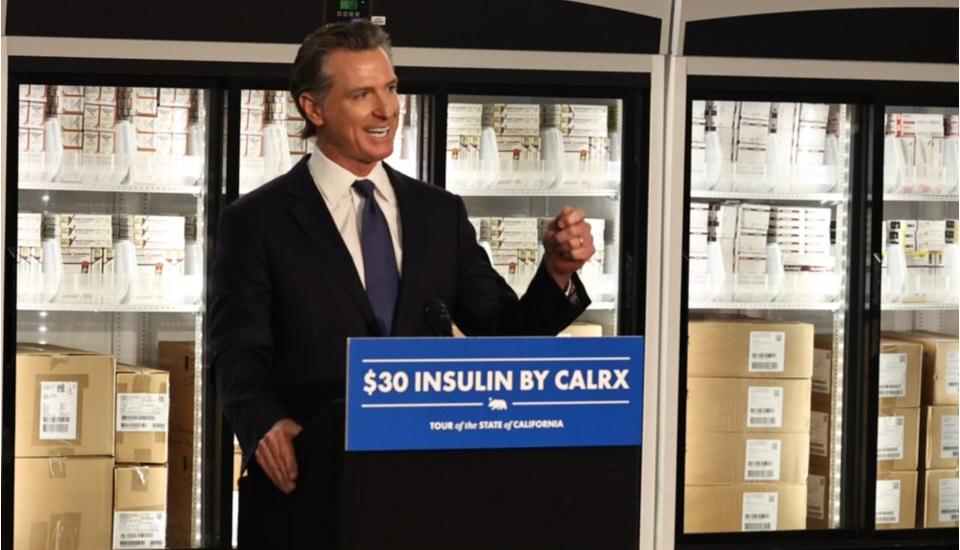We need Brexit clarity by early 2018 say banks, with UK jobs at stake

Chief executives from two of the world’s biggest banks have warned that clarity over Brexit and the UK's future relations with the EU is urgently needed, with warnings repeated that jobs and investment are on the line.
The warning has close parallels with those made by the pharmaceutical and biotech industries, but the banking and financial services sector is worth even more to the UK than life sciences.
Like life sciences and many other sectors, they say this clarity is needed by the end of 2017, or at the very latest, early 2018.
The Times newspaper reports today [subscription required] that Stuart Gulliver, the outgoing chief executive of HSBC, and Lloyd Blankfein, CEO of Goldman Sachs, both made positive comments about London’s post-Brexit future as a global financial centre.
However they stressed that further delays to decisions on EU relations would force the hand of banking giants, who may relocate large numbers of staff to the Frankfurt and other EU financial centres.
There are 500,000 jobs in the banking and financial services sector in London, and some predictions have been made that as many as 70,000 of these positions could go abroad if there is an unfavourable deal, or no deal struck between the UK and the EU27.
There are around 140,000 people directly employed in the UK life sciences industry, and there have been similar warnings in recent weeks that some of these jobs and investment may also go overseas. There are already clear signs that medical devices firms are relocating out of the UK, as revealed recently by pharmaphorum.
HSBC’s Stuart Gulliver said the government needed to produce a deal with its EU counterparts in order to safeguard foreign investment in the UK. He told The Times that HSBC’s international clients were “really keen” to hear specific plans; however he reiterated his warning that the bank may need to relocate 1,000 jobs to Paris in order to guarantee continuity for customers in the event of a Hard Brexit or even no deal.
These remarks coincided with a heavy hint made by Lloyd Blankfein on Twitter, he said hoped to fill Goldman Sach's new European headquarters in London, “but so much is outside our control”.
The bank was among the donors to the Remain campaign before the Brexit referendum last year, and employs 6,500 staff in the UK. This week’s tweet follows another from Blankfein two weeks ago, that indecision in London would force Goldman Sachs to invest more in its rival, Frankfurt.
In London. GS still investing in our big new Euro headquarters here. Expecting/hoping to fill it up, but so much outside our control.#Brexit pic.twitter.com/XwrIcqwM1t
— Lloyd Blankfein (@lloydblankfein) October 30, 2017
The company has recently signed a contract for a new office in the German financial hub, and Blankfein tweeted on 19 October: “Just left Frankfurt. Great meetings, great weather, really enjoyed it. Good, because I’ll be spending a lot more time there.”
Like the life sciences sector, banks cannot wait much longer for a Brexit decision, because any transition plan will take at least 12-24 months to implement. The UK hopes that it can secure a transition period, but without progress being made on the ‘divorce settlement’ businesses are having to plan for the worst case, a no deal Brexit in March 2019.
HSBC told The Times that it had put aside $12 million in costs for the third quarter to cover its Brexit costs, most of which relates to legal advice and contingency planning. The bank still expects to spend $200 million to $300 million in total on Brexit relocation costs,
There is optimism that the UK banking sector can survive Brexit, whichever form it takes, though the details of the deal are hugely important.
HSBC has said that even if Brexit meant it would be impossible for a UK located bank to conduct all of its existing business with the EU, it would still be able to limit staff relocation to the EU to around 1,000 jobs.
There is also hope in London that a blueprint put together by former UK financial services minister Mark Hoban in September could provide the model for a Brexit deal. However this hasn’t been officially adopted by the UK government, let alone the EU27.
In this respect, the UK life sciences sector is one step ahead of financial services. It secured the backing of health secretary Jeremy Hunt and business secretary Greg Clark in July, where they backed industry plans for as-close-as-possible alignment with Europe’s drug regulator the EMA.
Whether such a deal is achievable through negotiations with the EU27 remains to be seen, and life science leaders are calling for a transition period of up to three years to allow these negotiation more time.













